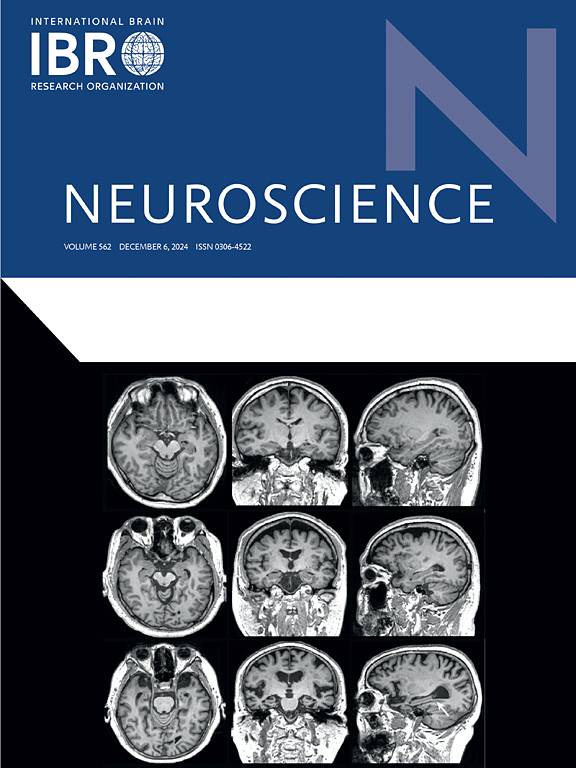含糖饮料税收政策对南非35岁和40岁人群中糖尿病、抑郁症、心脏病发作、高血压和中风病例的影响
IF 2.8
3区 医学
Q2 NEUROSCIENCES
引用次数: 0
摘要
2018年,南非成为第一个实施含糖饮料税收政策的非洲国家。这项研究评估了它对35岁至40岁的南非人的糖尿病、抑郁症、心脏病发作、高血压和中风的影响。使用工具变量(IV)估计模型分析2016 - 2017年(对照组)和2018-2021年(治疗组)的数据。结果表明,35岁的队列中糖尿病和抑郁症分别减少了16%和23%,而40岁的队列分别减少了6%和16%。心脏病发病率分别下降了36%和12%,高血压发病率分别下降了30%和10%,中风发病率分别下降了16%和6%。这种影响在男性和35岁以下人群中更为显著,尤其是在非洲黑人和混血儿群体中,以及社会经济背景较低的人群中。总体而言,该政策有效地减少了这些健康问题,这表明更高的税率可以改善大脑健康状况。本文章由计算机程序翻译,如有差异,请以英文原文为准。

The impact of sugar-sweetened beverages tax policy on cases of diabetes, depression, heart attacks, hypertension, and stroke in the 35 years and 40 years cohorts of South Africa
In 2018, South Africa became the first African country to implement a sugar-sweetened beverages (SSB) tax policy. This study evaluates its impact on diabetes, depression, heart attacks, hypertension, and stroke among South Africans aged 35 and 40. Data from 2016 to 2017 (control group) and 2018–2021 (treatment group) were analysed using an Instrumental Variables (IV) estimation model. Results indicate a 16% reduction in diabetes and 23% reduction in depression for the 35-year cohort, while the 40-year cohort saw 6% and 16% decreases, respectively. Heart attacks dropped by 36% and 12%, hypertension by 30% and 10%, and strokes by 16% and 6% in the respective cohorts. The effects were more significant in men and in the younger 35-year cohort, particularly among Black African and Mixed-Race groups, and people from low socio-economic backgrounds. Overall, the policy effectively reduces these health issues, suggesting that higher tax rates could enhance brain health outcomes.
求助全文
通过发布文献求助,成功后即可免费获取论文全文。
去求助
来源期刊

Neuroscience
医学-神经科学
CiteScore
6.20
自引率
0.00%
发文量
394
审稿时长
52 days
期刊介绍:
Neuroscience publishes papers describing the results of original research on any aspect of the scientific study of the nervous system. Any paper, however short, will be considered for publication provided that it reports significant, new and carefully confirmed findings with full experimental details.
 求助内容:
求助内容: 应助结果提醒方式:
应助结果提醒方式:


